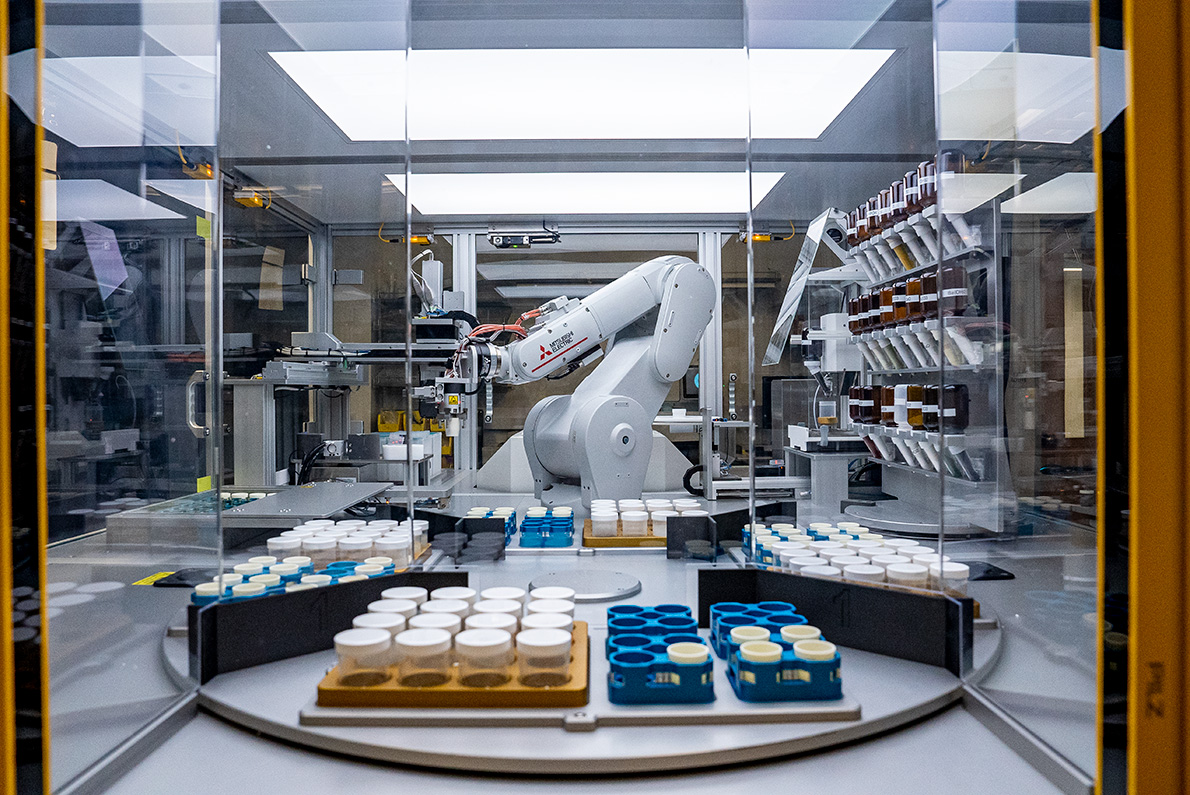Breaking Barriers: How AI is Supercharging Scientific Discovery at Berkeley Lab

From cutting-edge robotics to powerful computational systems, Berkeley Lab is revolutionizing scientific discovery through the transformative power of artificial intelligence. By harnessing advanced AI-driven technologies, researchers are pushing the boundaries of innovation, fundamentally reimagining how scientific breakthroughs are achieved both within the laboratory and across the broader scientific community.
These intelligent systems are not just tools, but collaborative partners in research, enabling scientists to tackle complex challenges with unprecedented speed, precision, and creativity. By integrating machine learning, advanced algorithms, and sophisticated computational techniques, Berkeley Lab is at the forefront of a technological renaissance that promises to accelerate scientific understanding and solve some of humanity's most pressing challenges.
The lab's commitment to AI-powered research represents a bold vision of the future—where human ingenuity and artificial intelligence work in seamless harmony to unlock new realms of knowledge and drive groundbreaking discoveries that can transform our understanding of the world.
